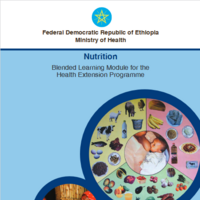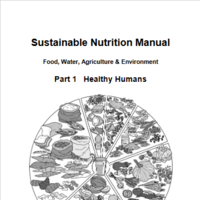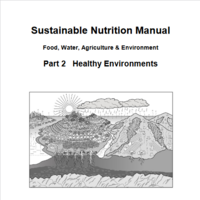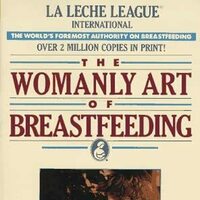Search
Books+
Searching 1,73 books
Search related to the career Nutritionist
Common Misconceptions About Nutrition:
1. All fats are bad: Many people believe that all fats are unhealthy and should be avoided. However, not all fats are created equal. While trans fats and saturated fats should be limited, unsaturated fats like those found in avocados, nuts, and olive oil are actually beneficial for health.
2. Carbohydrates are always bad: Carbohydrates have gained a bad reputation due to misconceptions about their impact on weight gain. However, not all carbohydrates are unhealthy. Whole grains, fruits, and vegetables are important sources of fiber, vitamins, and minerals.
3. Skipping meals aids weight loss: Some individuals believe that skipping meals, especially breakfast, can help with weight loss. However, skipping meals can lead to overeating later in the day and can negatively impact metabolism and energy levels.
4. Protein is only for bodybuilders: Many people associate protein intake with bodybuilding and believe it is unnecessary for the average person. However, protein is essential for various bodily functions, including muscle repair, hormone production, and immune system support.
5. Supplements can replace a healthy diet: Some individuals rely heavily on dietary supplements and believe they can compensate for a poor diet. While supplements can be beneficial in certain cases, they should not replace a balanced diet rich in whole foods.
6. Organic food is always healthier: Organic food has gained popularity, with the belief that it is always healthier and more nutritious. While organic farming practices may reduce exposure to pesticides, the nutritional differences between organic and conventionally grown food are minimal.
7. Counting calories is the only way to lose weight: While calorie counting can be a helpful tool for weight management, it is not the only factor to consider. The quality of the calories consumed, such as nutrient density and overall food choices, also plays a significant role in maintaining a healthy weight.
8. Eating late at night causes weight gain: The idea that eating late at night automatically leads to weight gain is a common misconception. Weight gain occurs when total calorie intake exceeds expenditure, regardless of the time of day. It is more important to focus on overall calorie balance and food choices.
9. All processed foods are unhealthy: While some processed foods can be high in added sugars, unhealthy fats, and sodium, not all processed foods are inherently bad. Some processed foods, such as frozen fruits and vegetables or canned beans, can be nutritious and convenient options.
10. Detox diets are necessary for cleansing: Detox diets and cleanses are often promoted as a way to rid the body of toxins. However, the human body has its own detoxification system, primarily through the liver and kidneys. Eating a balanced diet and staying hydrated is generally sufficient for supporting the body's natural detoxification processes.
Source: Various AI tools

























































